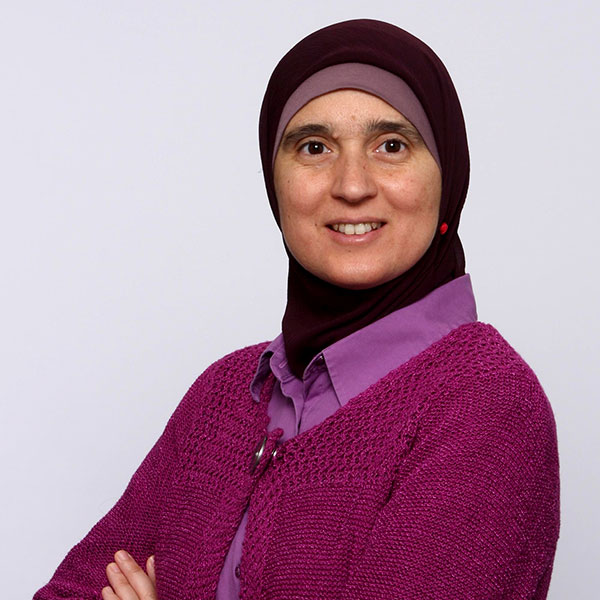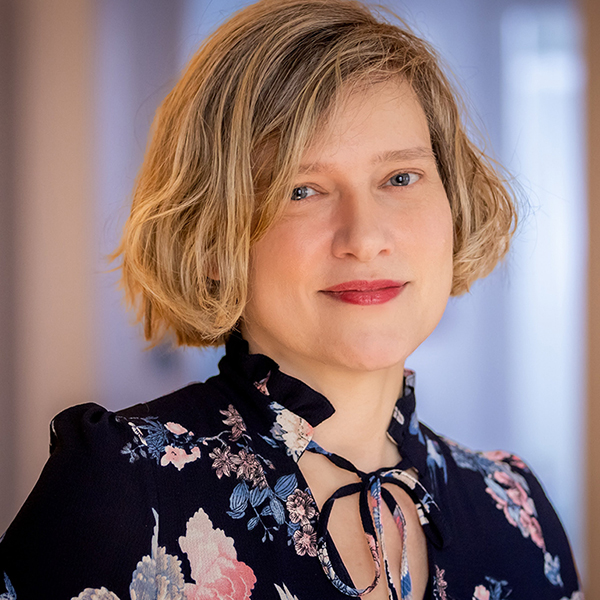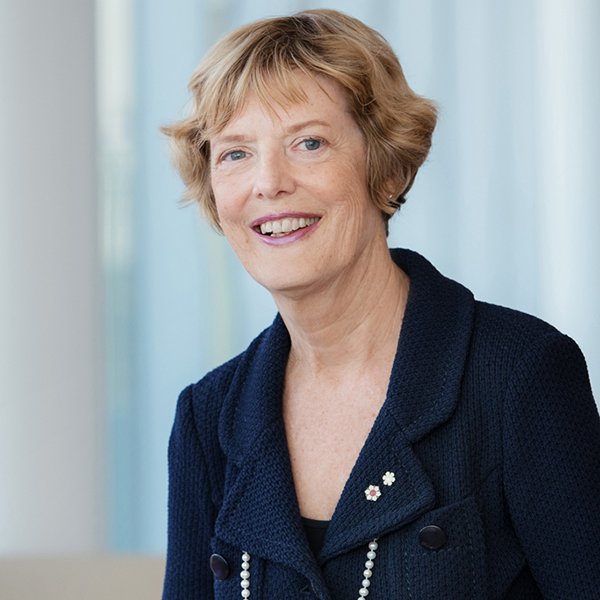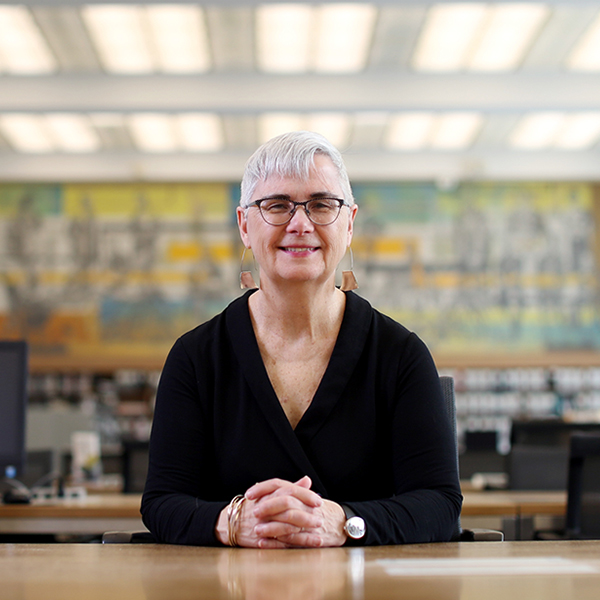Monia Mazigh’s writing career began after her family’s life was notoriously upended.
It was a kind of therapy, Mazigh, PhD’01, acknowledges, of the process of writing Hope and Despair, her memoir about trying to secure her husband Maher Arar’s release from a Syrian prison.
“But also I think [it was] taking a moment to reflect upon everything that happened.”
Arar was detained at John F. Kennedy International Airport in New York in 2002 while on his way home to Canada. He was deported by the United States to his native Syria where he was jailed for a year and subjected to torture.
Mazigh was thrust into the public spotlight as she vigorously campaigned for his release. Though uncomfortable with the attention, she became a nationally recognized figure. In 2007, Arar received an apology from Ottawa for his ordeal and a $10.5 million settlement.
Mazigh, who completed her doctoral studies in finance at McGill in 2001, decided to keep writing, but she switched her focus to fiction. Her first novel, Mirrors and Mirages, was a finalist in its original French version for the Trillium Book Award, Ontario’s top prize for literature.
Her new novel, Hope Has Two Daughters, tells the story of a mother and daughter at two turbulent points in Tunisia’s history.
Set in Tunis, it chronicles the political awakenings of both characters, the mother Nadia as a teenager in 1984 during the Bread Riots, and her Canadian daughter Lila’s experience while visiting the Tunisian capital in 2010 against the backdrop of the Jasmine Revolution.
While watching events unfold in Tunisia in 2010, an uprising that forced the country’s president to step down, Mazigh said it made her think of 1984 and the Bread Riots, which broke out after a hike in the price of bread. She was a 14-year-old in Tunis at the time.
Mazigh says she wanted to tell a compelling story, while following the internal evolution of two women – who happen to be mother and daughter – and their reactions to the events around them.
If she can dispel some stereotypes about Muslim women along the way, that would please Mazigh, but it’s not the driving force behind her novel.
“I don’t really wake up every day and say, oh you know, this is something I notice and I’m going to fight for it,” she says.
“No, I think it’s actually more natural than that, just by the fact of writing a story, coming from someone who lived in that context, coming from that background. Having this voice, I think it’s important. When it comes to Muslim women we always talk about them, we rarely hear from them. I wanted to add that nuance, that voice. If that helps in any way to break any pre-judgment or stereotypes, fine, I will be really happy. But if it doesn’t happen, this is not really the main purpose for me writing the book.”
When Mazigh attended McGill, she was newly married to Arar, BEng’95. She recalls that period as a “unique” time with a new partner, a new university program and a new life.
Her husband is doing fine, Mazigh says, and is working on a fundraising platform to help non-governmental organizations fund causes.
Apart from her writing, Mazigh teaches a course about women and Islam in continuing education at Carleton University.
She ran as a NDP candidate in the 2004 federal election, finishing third in the Ottawa South riding. She says she doesn’t know if she would consider running again.
“I’m not thinking of it right now, that’s for sure,” says Mazigh, who calls it very demanding work and a “hard decision” to be a public figure and represent a constituency.
A private person, Mazigh initially wrestled with the public aspect of writing. “When I started writing, I had this sort of a dilemma – why should I really bring trouble to myself and put myself back into the public spotlight,” Mazigh says with a laugh.
She came to understand that while writing is a solitary endeavor, the work needs to be promoted and an author needs to speak to readers and potential readers. She loves talking to people and has learned how to maintain some privacy without disconnecting herself from the public.
“So I think I learned how to reconcile these two aspects of me – at least so far.”



